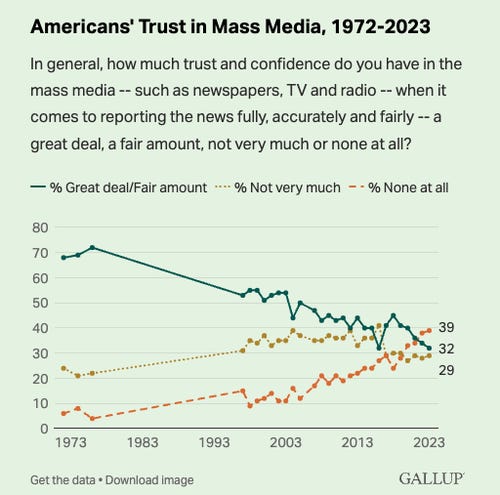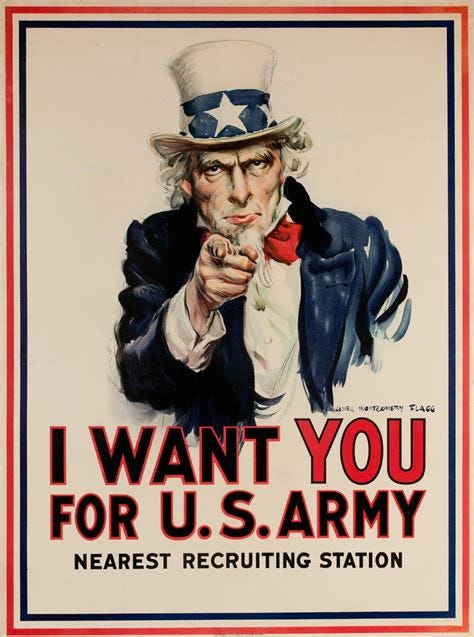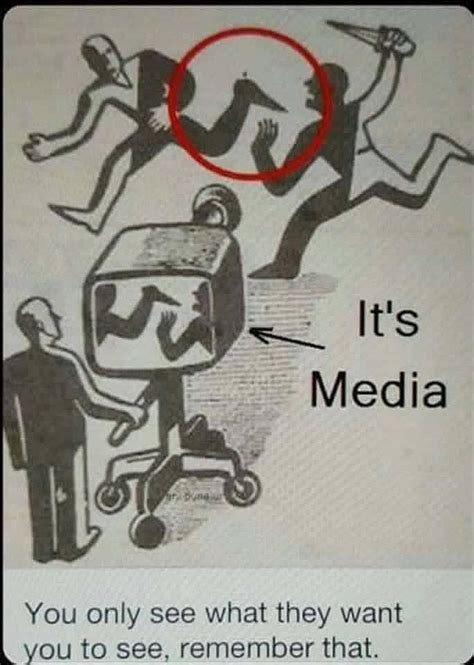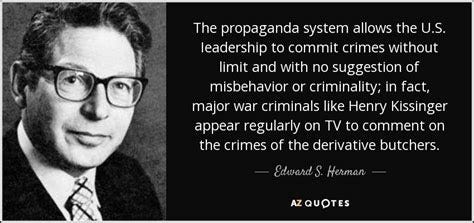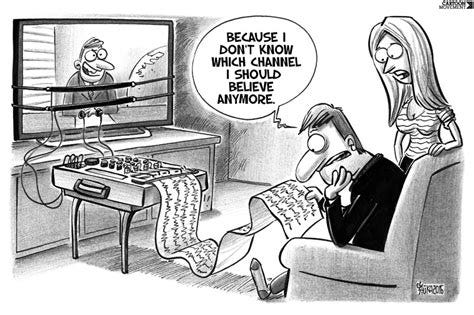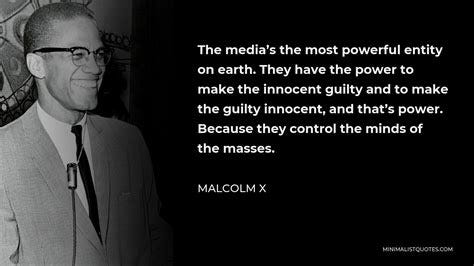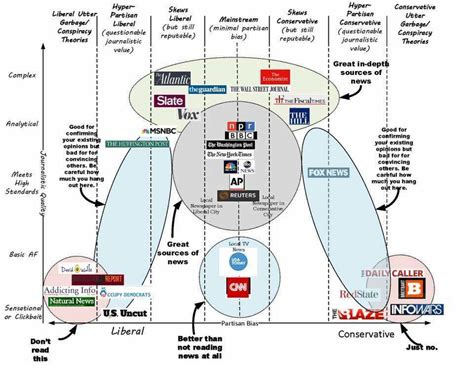Introduction:
Narrative Control and Its Global Impact
In our ever-evolving world, the behavior of power is intrinsically tied to the art of narrative control. The powerful understand a fundamental truth: whoever controls the dominant narrative about world events effectively holds the reins of power, for real power isn't solely about shaping the course of events but also about molding public perception of those events. This essay digs into the profound influence of narrative control, examining how it has shaped history, the modern media landscape, and the consequences of its manipulation. It ultimately calls for a collective awakening to the importance of consciousness in reshaping our world.
In this exploration of narrative control's influence in our ever-evolving world, I will rely on compelling evidence provided by recent Gallup polls on media trust, which can be accessed on their website.
The power to shape narratives and influence public perception is linked to who we trust to provide us with information. These Gallup polls reveal a concerning trend that trust in media outlets in the United States has remained near a record low, with a significant decline in recent years.
Body:
The Role of Narratives in Power
Narratives, in their essence, are stories that frame our understanding of reality. They are not mere tales but rather the building blocks of shared meaning within societies. They shape our perception, contextualize events, and influence our emotions. It's crucial to recognize that narratives are not neutral; they have immense power in constructing our worldview.
To illustrate this power, consider the insights provided by Voddie Baucham in his discussion with Ben Shapiro. In the YouTube video,
Baucham highlights how contemporary society is often swayed by feelings and ideologies rather than absolute facts. He emphasizes that the narratives people encounter can significantly impact their perspectives and beliefs. This real-world example showcases how narratives play a pivotal role in shaping public perception.
Furthermore, an academic source titled “The Power of Narrative” by Huisman, Murphet, and Dunn (2005) it digs into the profound influence of narratives. This source reinforces the notion that narratives hold substantial power in our society. It highlights the role of narratives in shaping historical events, ideologies, and social constructs.
By examining both the practical example and the academic perspective, we can grasp the significance of narratives in power dynamics. These references emphasize that narratives are not just stories; they are tools wielded by those in power to mold public perception and further their interests. Understanding this role of narratives is crucial in navigating our information-rich world.
This section provides a foundation for exploring how narrative control has been employed throughout history and its implications in our modern media landscape.
Narrative Control in History
Throughout history, those in power have recognized the strategic value of controlling narratives. From kings and emperors to modern governments and corporations, powerful entities have harnessed narratives to further their interests.
In 1961, Life magazine embarked on a mission to promote President John F. Kennedy's “Alliance for Progress” financial aid program, which aimed to resist communism in Latin American countries and bring them under the influence of the United States. The magazine sent photographer Gordon Parks to Rio de Janeiro, Brazil, to document systemic poverty. His resulting photo essay, particularly featuring 12-year-old Flavio da Silva, touched the hearts of Life's readers. The story of Flavio's struggle with severe asthma and the generosity of Americans who donated thousands to "save him" created a powerful narrative. The leading pediatric asthma hospital in the United States even offered free treatment.
However, Brazilian media saw Life's photo essay as a negative and stereotypical view of Brazil. In response, Brazilian magazine O Cruzeiro decided to create a narrative of its own. They sent photographer Henri Ballot to New York, where he documented a Puerto Rican immigrant family living in a poor Manhattan neighborhood. O Cruzeiro's layout mirrored Life's, setting off an international feud that showcased the sensationalism and propaganda inherent in such narratives.
This video demonstrates how narratives were carefully crafted and manipulated to shape public perception in the midst of the Cold War. In the clash of narratives between Life and O Cruzeiro, sensationalism and propaganda took center stage, illustrating the power of storytelling to influence public opinion.
The Modern Media Landscape
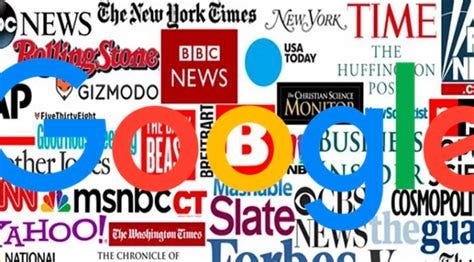
In today's interconnected world, media plays a pivotal role in shaping and disseminating narratives. Mainstream media, with its global reach, holds immense sway in defining the dominant narrative on various issues. Simultaneously, the rise of social media platforms has democratized narrative creation and distribution, allowing individuals and interest groups to wield their narrative-shaping influence.
The Gallup data paints a stark picture of the consequences of narrative manipulation. As trust in media erodes, it gives rise to misinformation, fuels polarization, and undermines trust in institutions. This manipulation poses a significant threat in democratic societies, as it can erode the foundation of informed decision-making and social cohesion.
The Consequences of Narrative Control
The consequences of narrative manipulation can be far-reaching and damaging. When narratives are distorted or weaponized, they can lead to misinformation, fuel polarization, and undermine trust in institutions. In democratic societies, this manipulation poses a significant threat, as it can erode the foundation of informed decision-making and social cohesion.
To mitigate these adverse effects, it becomes imperative for individuals, communities, and institutions to actively promote transparency, fact-checking, and media literacy. Encouraging open dialogue and critical thinking is fundamental to counteracting the negative consequences of narrative manipulation. Moreover, it highlights the need for ethical journalism and responsible storytelling in media, ensuring that narratives are built on a foundation of truth, accuracy, and fairness.
Awareness and Consciousness
In countering narrative control, fostering awareness and consciousness is imperative. Critical thinking and media literacy are vital tools for individuals to discern fact from fiction, recognize bias, and question dominant narratives. For example, in a world where misinformation can spread rapidly through social media, digital literacy is equally essential. It enables individuals to navigate the digital landscape, distinguish credible sources from misinformation, and critically evaluate the information they encounter.
Encouraging a proactive approach to seeking alternative perspectives can help break the stranglehold of controlled narratives. It's not just about passively consuming information; it's about actively engaging with diverse viewpoints and considering multiple angles of a story. This can help individuals become more discerning consumers of information.
For those looking to take a step towards improving their media literacy and critical thinking, there are practical steps to consider. Fact-checking resources, such as websites dedicated to verifying information, can be invaluable. Seeking information from a variety of credible news sources can provide a more comprehensive understanding of complex issues. Online courses and workshops focused on media literacy are accessible resources for honing these skills.
In a digital age where information is abundant and narratives are constantly shaped, individuals must be equipped with the tools to critically assess the narratives they encounter. By fostering awareness, promoting critical thinking, and supporting media literacy, we can collectively work toward a world where narratives serve the pursuit of truth and the betterment of humanity.
In the quest for fostering awareness and consciousness and promoting critical thinking and media literacy, a valuable resource is the research paper 'Media Literacy and Critical Thinking - Perspectives and Pedagogies,' which can be accessed on ResearchGate.
This paper offers perspectives and pedagogies that shed light on how to develop these vital skills in individuals. It provides insights into effective strategies for educators and learners to navigate the intricate landscape of media and information.
Examples of Narrative Shifting
Civil rights leader Malcolm X once remarked, “The media is the most powerful entity on earth.” This statement reflects the undeniable influence of the media in shaping narratives. It serves as a powerful backdrop to our discussion on the potential for narrative shifting through collective action and information sharing.
Narratives can be shifted through collective action and information sharing. Grassroots movements, individuals, and independent media outlets have challenged dominant narratives, exposing hidden truths and demanding accountability. Their efforts demonstrate the potential for narrative change through grassroots activism and decentralized information networks.
The Path to a More Informed World
Education plays a crucial role in promoting media literacy and critical thinking. Schools should prioritize teaching these skills, empowering future generations to navigate the information landscape effectively. Additionally, individuals bear a responsibility to diversify their sources of information, seeking out diverse viewpoints to gain a more comprehensive understanding of complex issues.
Conclusion:
In conclusion, the power of narrative control is a formidable force that has shaped our world throughout history and continues to influence our contemporary society. Recognizing its influence is essential for creating an informed and empowered society. In this age of abundant information, we must remain vigilant, question dominant narratives, and actively participate in shaping the stories that define our reality. To achieve a world where narratives serve the pursuit of truth and the betterment of humanity, we must prioritize ethics in storytelling, encourage media literacy, and champion diverse perspectives. By taking these steps, we move closer to a future where narratives are a force for enlightenment and unity.
We need to take a proactive role in shaping the narratives that define our world. Start by critically assessing the information you encounter, seeking diverse perspectives, and championing responsible storytelling. Support organizations and initiatives dedicated to media literacy and ethical journalism. Engage in open dialogue and discussions with those around you, promoting awareness and consciousness. By doing so, we collectively contribute to a world where narratives serve the pursuit of truth and the betterment of humanity.





